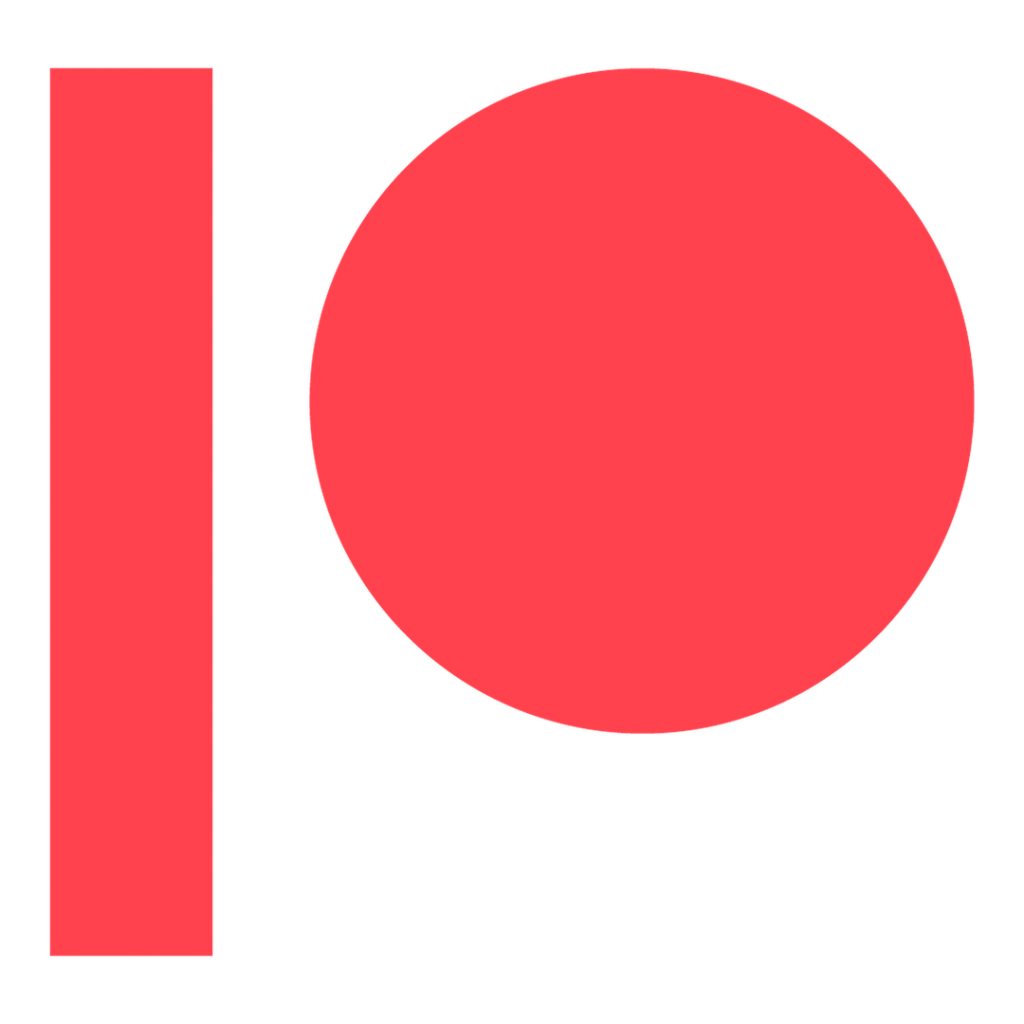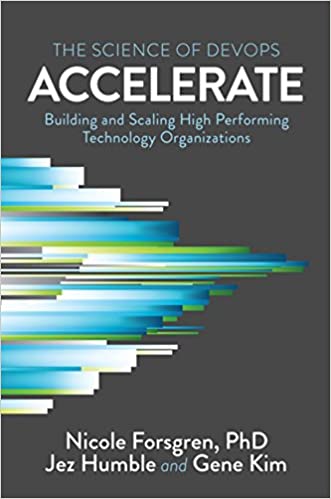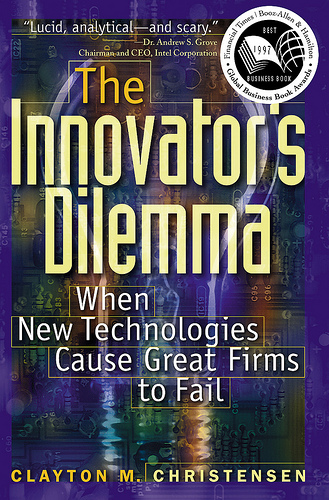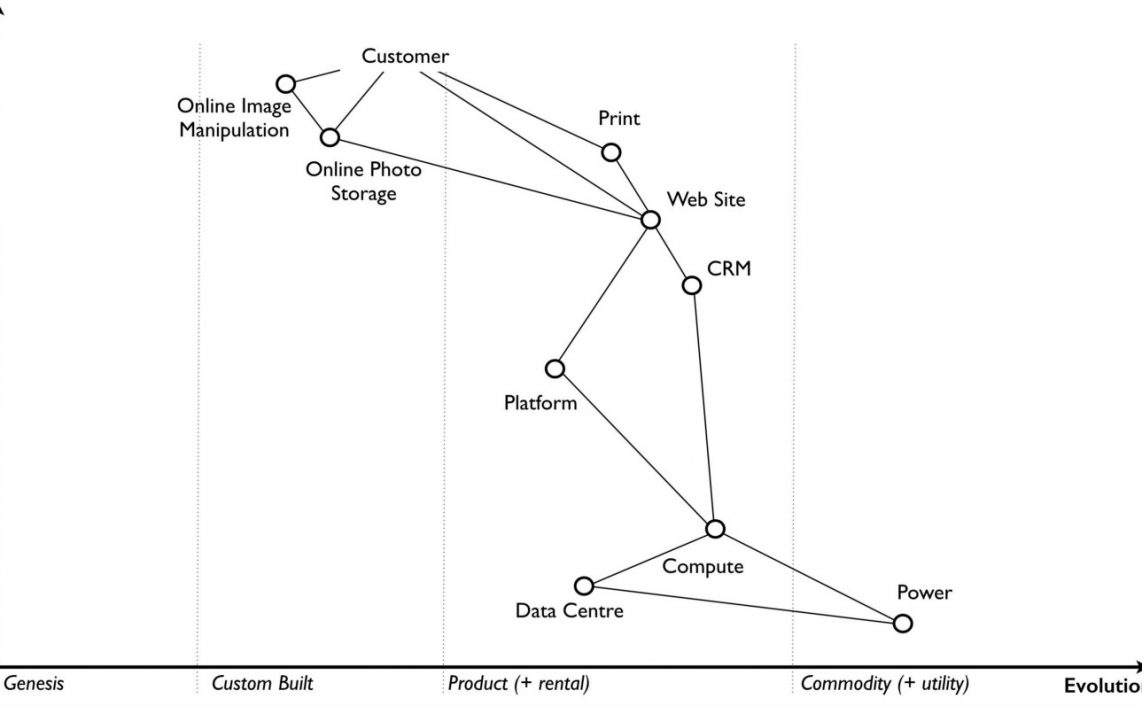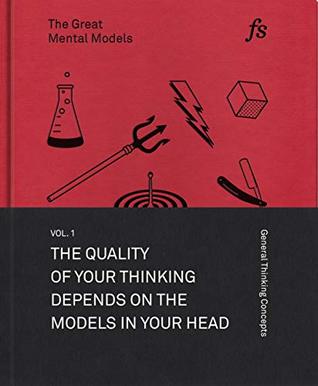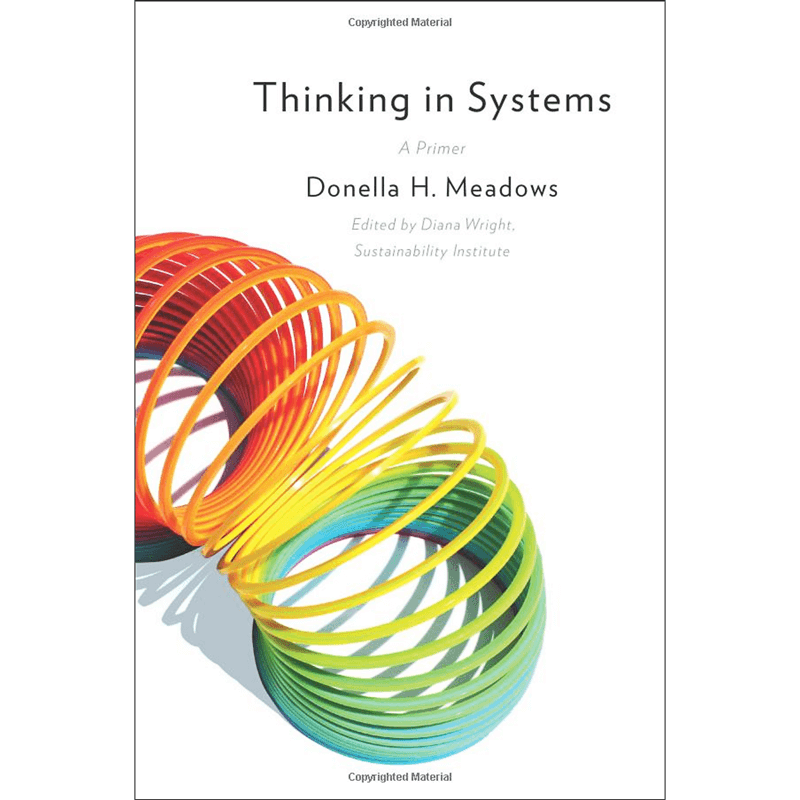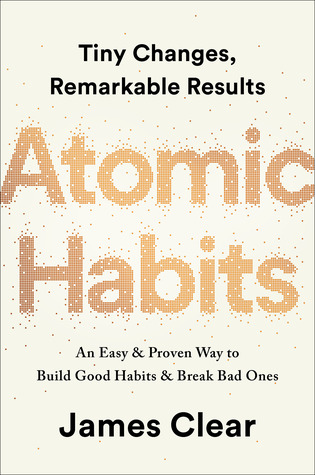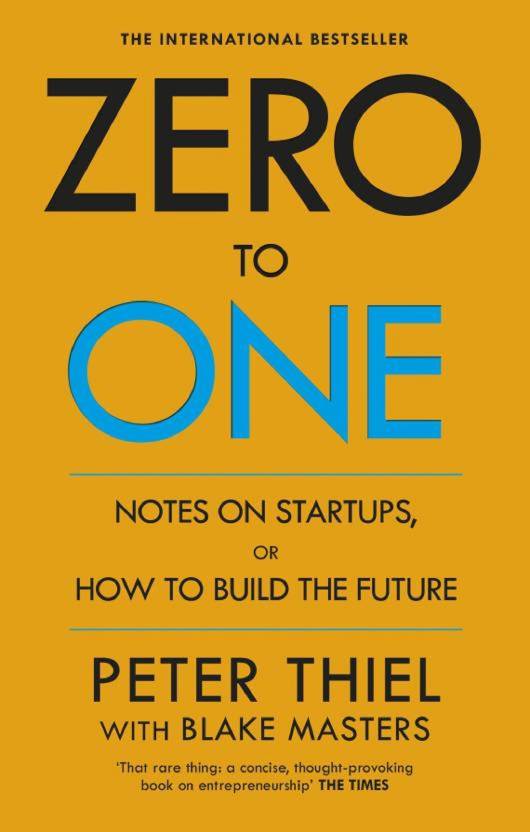
If you want to build a better future, you must believe in secrets.
The great secret of our time is that there are still uncharted frontiers to explore and new inventions to create. In Zero to One, legendary entrepreneur and investor Peter Thiel shows how we can find singular ways to create those new things.
Thiel begins with the contrarian premise that we live in an age of technological stagnation, even if we’re too distracted by shiny mobile devices to notice. Information technology has improved rapidly, but there is no reason why progress should be limited to computers or Silicon Valley. Progress can be achieved in any industry or area of business. It comes from the most important skill that every leader must master: learning to think for yourself…
Zero to One presents at once an optimistic view of the future of progress in America and a new way of thinking about innovation: it starts by learning to ask the questions that lead you to find value in unexpected places.
Goodreads Blurb
I felt that reading Zero to One was like reading two different books.
In the first book, Peter Thiel looks back towards the early parts of the 19th century and compares the positive, ambitious attitudes of those times to the more humdrum, incremental worldview that the current society, philosophy, politics, and companies hold most dear. He openly disparages the current propensity to deem future as unknowable and any attempt at making great plans as hubris. In his opinion, diversification, incrementalism, MVPs, are all signs of an indecisiveness attitude towards the future. Peoples, societies, and most importantly startup founders ought to have a clear vision of the future in their mind, and should continually drive towards that vision, instead of trying to remain “lean” or “flexible”, which in the author’s mind is merely another word for being noncommittal.
He creates some interesting frameworks with which to assess what the future might look like and what kind of attitudes we should cultivate to drive towards a clearly envisioned future. His emphasis throughout this first part of the book is on encouraging the reader to envision a world materially different from the current one, and then to build it.
In the second book, Peter offer practical, founder centric advice on distributing equity, company culture (companies don’t “have” culture, they “are” culture), the importance of sales and distribution, and a brief detour into how humans and computers are complementary and there is no real to humans because “AI is coming”. This last is, in my opinion, only partially true. The impact would be very real on people who are doing low complexity analytical jobs – but there is no proof yet either way, so we shall see.
The last chapter is a bit of a mix, with advice about building your own brand as a founder and realizing that a founder is as empowered today to change the world as anyone has ever been in history.
Personally, I found the first part to be a lot more passionate and heartfelt, even though there are parts where I disagree with the author. Peter’s bias for action, his desire to materialize a future he envisions, and frustration at why the rest of the world does not, comes through very clearly. The second part was not very relevant to me as I do not have any experience of the startup life, hence I could not relate very well to it. And even with my untrained eye, I would advise that you go to Ben Horowitz’s “The Hard Thing About Hard Things” if you are looking for very specific advice about how to start, run, and grow a technology company.
A huge point in favour of this book is that it is concise and expresses its ideas pithily (though not without eloquence). Coupled with the power of some of its ideas, it is entirely worth spending an afternoon in reading this.
Below are detailed notes from my reading of the first part of the book to highlight the core ideas of the book. My comments are italicized, while the rest is either taken verbatim from the book or is meant to be as loyal as I could keep it while rephrasing it.
Future
- A later time is not future, a changed world is future.
- Horizontal progress/Globalization means more of what is already there – replicate the same things everywhere in the world.
- Vertical progress/technology – make new things, make the future. This doesn’t happen automatically – it has be done deliberately.
- Peter gives a brief history of tech crash at the turn of the millenium – and explains how he believes that at this point people turned away from the hubris of technical optimism.
- The crash turned the tide of popular attitude towards more “feasible” ways of making progress. “Feasible” in those times meant safe or incremental, and globalization, aka more-of-the-same has been the name of the game ever since.
- The other lesson from the crash was for companies to stay “lean” and “flexible” – another survival metaphor aimed being able to do whatever works rather than doing what you wanted to do in the first place.
- Peter is not a fan of surviving unless there is a goal in service of which you want to live another day – a generic ability to “pivot” is probably not his thing
Monopolies and Competition
- What valuable company is nobody building?
- Creating value and capturing value are different – all companies must try to be monopolies to capture as much value as possible.
- Competition is gospel but impractical as it removes all possibility of making money
- In a perfectly balanced, highly competitive market, there would be no profits and all competitors would be equally commoditized.
- Monopolies try to express themselves in extremely broad terms to avoid attention. Highly competitive companies pretend to own the market by defining the market very narrowly.
- “In business, money is either an important thing or it is everything”. Only somewhat successful companies can afford to think about things other than money.
- Patents and copyrights are legal support for monopoly – create something new and you get monopoly on it for some time.
- This is the way monopolies move the world forward, not by being monopolistic, but because they had to necessarily create something new in order to be monopolistic. They had to go from zero to one.
- The best kind of competition is not optimizing existing things (this leads only a ruthless, competitive market and profits for now) but to create entirely new things which result in fresh monopolies and may destroy existing monopolies in the process. This is a fundamentally different way of looking at competition and how value is created by innovation.
- Competition focusses on past and present, not the future. It doesn’t allow for a broad enough perspective that will allow a company to redefine itself as it grows.
- Market share in a well defined market should not be a goal – if that is the only goal, that implies that there is no difference between the rivals. If you see too much competition – perhaps it is time to get out.
Building a monopoly
- Monopolies must think about enduring as a monopoly. Current metrics can help you focus on present but distract you from the future (Groupon, Zynga suffered from this).
- To build a monopoly, find a small market, monopolize it, and then expand outwards deliberately.
- This is similar to the idea of “1000 true fans“.
- Entering a large market and not dominating it will lead to immediate competition from copycats – not a monopoly.
- To endure, Monopolies can build the following moats : Proprietary value proposition which is at least 10X better than others, network effect, economies of scale, branding.
- If you are starting up, don’t think about disruption – hopefully you are building something new enough that you don’t have to think about incumbents. Disruption, if it happens, should be incidental.
Success is Luck?
Peter does not believe that success is luck, and although he tries to keep a balanced sound, the undercurrent is that of a person who believes that people who try deliberately will achieve success. He is not a fan of covering his bases or diversification, and uses a very interesting framework to discuss this – a combination of definite/indefinite and optimism/pessimism. To be Definite is to have a specific plan, and to be Indefinite is to be ready for anything (but nothing in particular). Peter falls strongly on the “definite” side of the world.
He repeatedly shows a longing for the good old “definite” days of America, where people used to dream big about the years to come and repeatedly lambasts the current education, investment, and corporate scenario which promotes “multi-sided mediocrity”. And in this context he suffers from a massive survivorship bias. Perhaps “suffers” is the wrong word – he obviously knows about the risks of determinism but doesn’t care. His push is not towards being risky and single tracked, but rather towards “intelligent design” is the way we look and function in the world.
Power Law
- 20% of companies in any VC fund give 80% of the returns.
- Given this, we might imagine that “spray and pray” is a good strategy, considering no one can really tell which companies will succeed. Peter thinks this is wrong.
- Since there so many companies, every company in the fund must be deliberately chosen to generate those astronomical returns.
- All bets should be targeted to win instead of being targeted to hedge – intelligent design at play again.
Secrets
- Our society behaves like there are no knowable secrets left.
- Everything is either known or unknowable – and this results in all kinds of extremisms – religious fundamentalism (dogma or mystery, anything in between is heresy), environmentalism (destruction of nature or mystery, nothing in between), free marketism (share price or theoretically efficient market, nothing in between).
- If the world has no secrets or hidden realizations, there would be no injustice (since everyone would be equally enlightened) or enquiry (it wont be needed). Our world is not such a world,
- According to Peter, there is much yet left to discover for those who are willing to look, an attitude which ties in neatly with the “definite optimism” I have already called out so often in this article.
- I would like to bring in a note from the science of complexity here. There is no such thing as “all” the secrets, especially if “soft” domains like capital markets are counted. The world is a complex information processing and producing ecosystem, so there are always things that are new and unknown. Peter’s argument is not this, however. He is yet again looking back to the world of explorers and pioneers and talking about unearthing things from a fixed pool of secrets. While you could emotionally resonate with his version of our banal, non-curious existence, it is not really a factual argument.
Read next : More book reviews
If you liked this, subscribe to my weekly newsletter It Depends to read about software engineering and technical leadership
